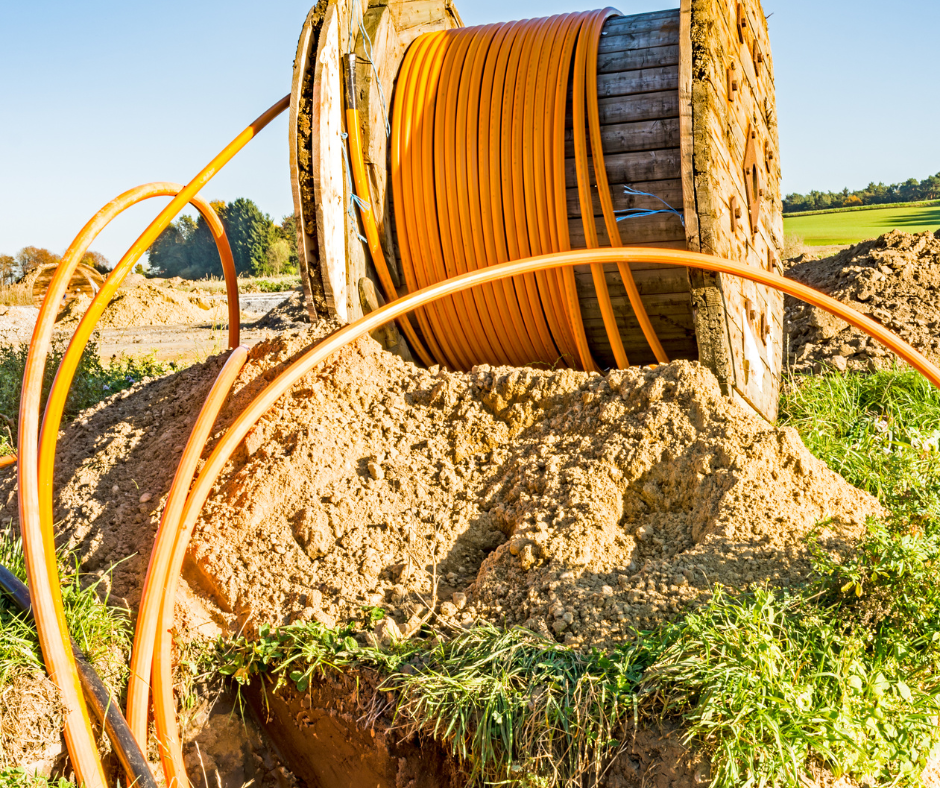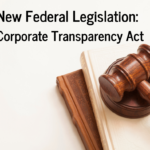The Department of Commerce recently announced the distribution of funding for high-speed internet and broadband infrastructure under the Broadband Equity, Access, and Deployment (BEAD) program, a grant program created by the Bipartisan Infrastructure Deal. With federal funds exceeding $42 billion, Indiana is expected to receive $868 million to expand, deploy, and upgrade broadband networks to allow all communities throughout the state access to reliable high-speed internet access.

This expansion and upgrade of broadband networks may have a significant impact on Indiana property owners given the interpretation of the Cable Communications Policy Act of 1984 (47 U.S.C. §541), which provides telecommunication companies access to property for infrastructure development and cable installation.
West v. Louisville Gas & Electric
In 2020, the Seventh Circuit Court of Appeals, applying Indiana law, issued an opinion in West v. Louisville Gas & Elec. Co., 951 F.3d 827 interpreting Section 621 of the Cable Communications Policy Act and its application to existing, recorded utility easements. In West, a landowner sued a utility company that permitted a third-party cable provider to install fiber optic wire to the utility’s tower, arguing the installation exceeded the scope of the utility’s original easement. Taking a broad and permissive approach, the Seventh Circuit concluded that Indiana allows for new uses of easements that are compatible with the original easement grant, without needing to acquire a separate easement from the property owner. Moreover, the Court held that Section 621 requires only that the utility easement “is within the area to be served by the cable system” and is “dedicated for compatible uses . . . .” (emphasis added). Upon reviewing the language of the easement that was originally granted, in conjunction with Section 621, the Court determined that both the utility and the cable provider shared the common purpose of renewing and maintaining electric lines, whether it be for power or telecommunications.
Potential Impact
Given the status of Seventh Circuit law following West, it appears unlikely that telecommunication providers will take action to secure new easement rights in order to expand and install lines and infrastructure under the BEAD program. For Indiana property owners, this means a rise in the use of existing easements for telecommunication installations without compensation for the additional use by an unintended party.
Our team of attorneys is here to assist you in defending your property rights. For more information or assistance on this topic, please contact Seth Zirkle or another member of the KDDK Real Estate Practice Team.
This article was written with the assistance of Joe Garloch, summer law clerk at KDDK.






